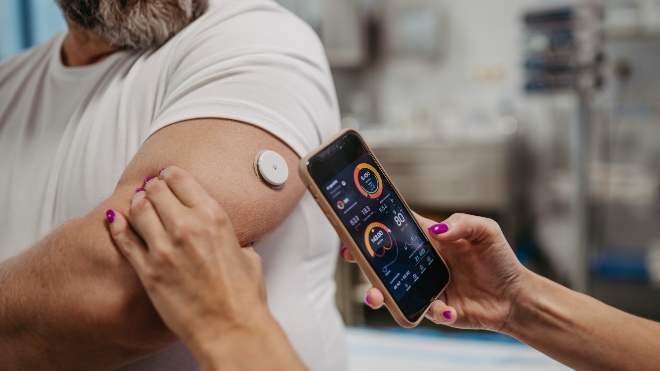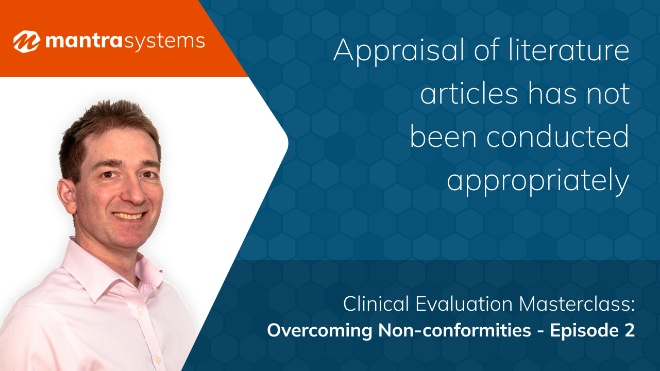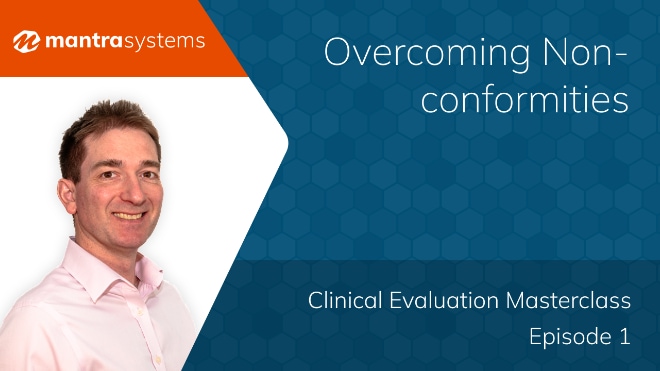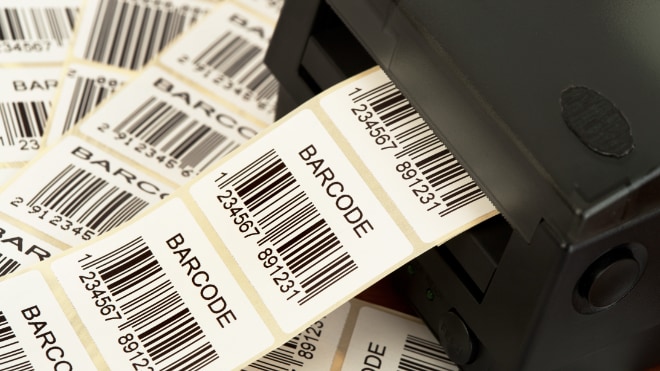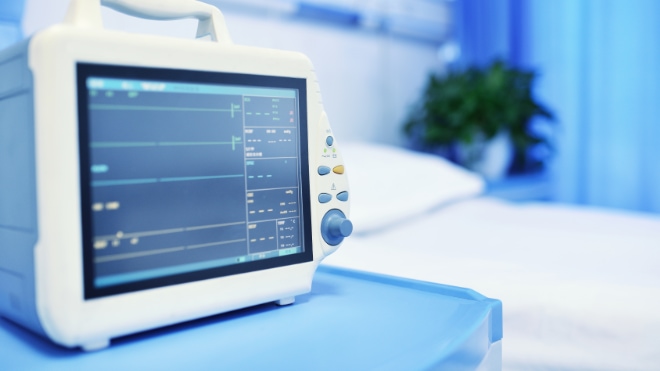
Given the time and resources needed to build an EU MDR-compliant regulatory system, it’s perhaps not surprising that there can be a temptation to adopt a ‘box ticking’ approach to certain aspects.
Video: How to build an EU MDR-compliant regulatory system for your medical devices
Our experience working with clients across the industry has shown that many companies seek to save money by using purely retrospective data for PMCF submissions, or attempt to justify non-performance of PMCF when they should, in reality, have a system in place.
In this article, we move away from the purely regulatory benefits of engaging fully with PMCF and consider the wider benefits of a well-designed PMCF system to your business, your products and your relationship with your clients.
PMCF benefits your business
Generating clinical data is expensive. Prospective studies, in particular, can pose significant resource challenges because, by definition, they run for months or years at a time, consuming resources as they do so. The allure of using retrospective data for PMCF is therefore easy to understand from a business planning perspective.
However, consider the requirements for PMCF in Annex XIV Part B of the EU MDR. The Annex calls for continuous and proactive data collection throughout the entire commercial lifetime of a device. In practical terms, achieving the latter criterion will be almost impossible with retrospective data; it would require repeated studies over time with one following immediately upon another. This, in turn, would require repeated investment, time, resource, approvals, documentation, statistical analysis and reporting. While using retrospective data may be attractive in the short term, in reality it may simply be compounding problems for the business’ future.
A better approach would be a single investment in a well-designed and future-proofed dedicated prospective PMCF study. Once set up, this single system could collect data on the safety and performance of a medical device or product family indefinitely, fulfilling the Annex XIV criteria in a single swoop. This would also prevent the need for constant updating of documents and repeated passage through study approval processes.
From a business perspective, it becomes easier to estimate resource requirements into the future with less duplication and wastage of time and money. Investing in a good-quality PMCF system for your devices can help safeguard both their regulatory approvals and your business over the coming years.
PMCF engages your customers
A further benefit provided by any well-designed PMCF system is the opportunity it provides for a further source of engagement with your customers. A change of emphasis from a “box ticking data collection exercise” to an opportunity to work collaboratively in promoting device safety is only one aspect of how PMCF can bring you and your customers closer together.
In particular, medical device PMCF registries call for close co-operation between customers (investigators) and manufacturer. Initial conversations about study participation, on-boarding processes, compliant remuneration frameworks, collating data and overcoming study-related challenges all provide important touch-points between manufacturer and customer, strengthening the sense of familiarity and co-operative working.
Furthermore, the act of selecting a clinical site may help them to feel valued and appreciated, cementing a positive relationship and, in turn, perception of your products and you as a company.
Customer relationships must be handled sensitively in relation to all forms of clinical study and PMCF is no exception. In particular, study participation must in no way act as an inducement to buy or use the product. And, as with all clinical studies, challenges will arise from time-to-time that may strain relationships.
However, the right approach from the outset can more than overcome any such challenges and companies that build a network of satisfied customers actively engaging in their PMCF activities stand to secure both their customer relations and their regulatory approval both now and well into the future.
Summary
For advice on designing and implementing PMCF studies that will benefit both your business and your customers, arrange a free consultation with a member of our team.
Uniquely, our advisors are all medical professionals who have decades of experience working as investigators in clinical studies. Through their ability to offer a direct perspective from the clinical side, our team can help ensure your PMCF studies are designed for maximum effectiveness, investigator appeal and data collection compliance. We also offer a risk-share model where our remuneration is tied directly to the success of your PMCF study.
This is Part 2 of our PMCF under the MDR article series. Subscribe to our Newsletter to ensure you don’t miss any of this comprehensive series.






